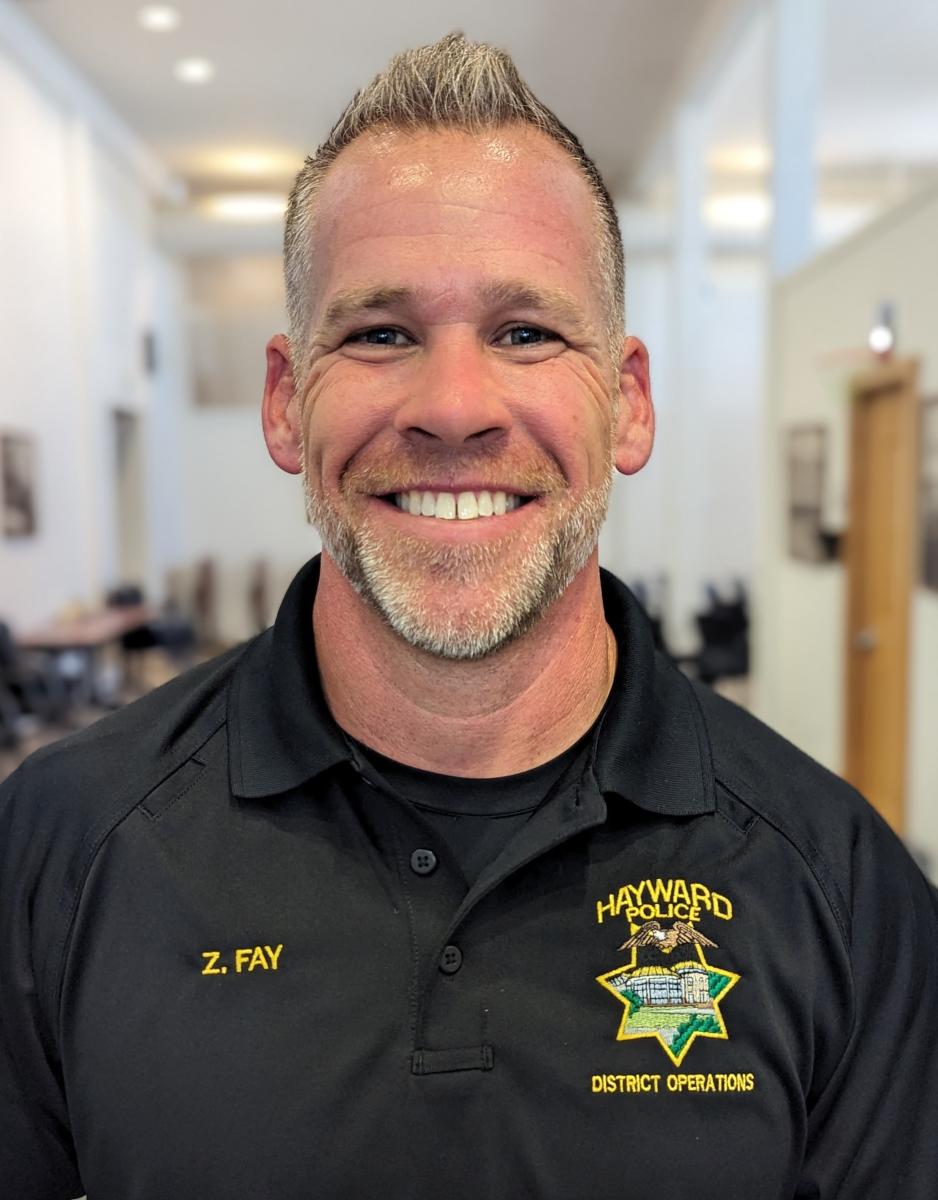Tips for Seniors

Share these tips with your neighbors and friends, too, and make it tough for criminals to work in your neighborhood.
While at home:
- Always keep your doors and windows locked. Install deadbolt locks on all your doors.
- Keep your home well lit at night, inside and out, and keep your curtains closed at night.
- Install a peephole in your front door so you can see callers without opening the door.
- Ask for proper identification from deliverymen or strangers. Don’t be afraid of asking. If they are legitimate,they won’t mind.
- Never give your credit card, phone card, social security, or bank account number to anyone over the phone unless you’ve placed the call.
- If a stranger asks to use your phone, offer to place the call for him/her yourself. Never let a stranger into your home.
- Do not leave notes on your door when you are gone, and do not hide your keys under the mat or in other conspicuous places.
- Never give out information over the phone indicating you are alone or that you won’t be home at a certain time.
- When you are gone for more than a day, make sure your home looks and sounds occupied--use an automatic timer to turn on lights and a radio or television.
- If you arrive at home and suspect a stranger may be inside, DON’T GO IN! Leave quietly and call 911 to report the crime.
While out:
- Carry your purse very close to you— don’t dangle it from your arm. Also, never leave your purse in a shopping cart.
- Don’t carry more cash than is necessary. Most grocery stores accept credit cards or bank cards instead of cash.
- Avoid walking alone at night. Try to have a friend accompany you in high risk areas—even during the daytime.
- Do not carry weapons—they may be used against you.
- Have your paychecks or government checks sent directly to your bank account—many banks have senior discounts.
- Never withdraw money from your bank accounts for anyone except YOURSELF. Be wary of con artists and get-rich schemes that probably are too good to be true.
- If you are attacked on the street make as much noise as possible by calling for help or blowing a whistle. Do not pursue your attacker. Call 911 and report the crime as soon as possible.
- If you have been swindled or conned, report the crime to your local police or district attorney’s office. Con artists count on their victims’ reluctance to admit they’ve been duped, but if you delay, you help them get away. Remember, if you never report the crime, they are free to cheat others again and again, and you have no chance of ever getting your money back.
While in your car:
- Keep your gas tank full and your engine properly maintained to avoid breakdowns.
- Always lock your car doors, even when you’re inside, and keep your windows rolled up. Driving with the windows closed also improves gas mileage.
- Lock packages and other valuables in the trunk. Do not leave them on the back seat or on the floor of the car where potential thieves can see them.
- When you return to your car, always check the front and back seat before your get in.
- Never pick up hitchhikers.
- If your car breaks down, pull over to the right as far as possible, raise the hood, and wait inside the car for help. Do not get out of the car or roll down the window until the police arrive.
What you can do to help make your neighborhood safer:
- Work to change conditions that hurt your neighborhood — Volunteer for Neighborhood Alert, tutor children, offer aide in the police or fire departments, mentor teens, or escort individuals with disabilities.
- Contact your local American Association of Retired Persons (AARP) for more information on how to get involved in other community programs.
For more information about crime prevetion, contact our District Offices staff:
 Sergeant Zach Fay South District Office 677 W. Tennyson Road Hayward, CA 94544 (510) 293-7096 |


